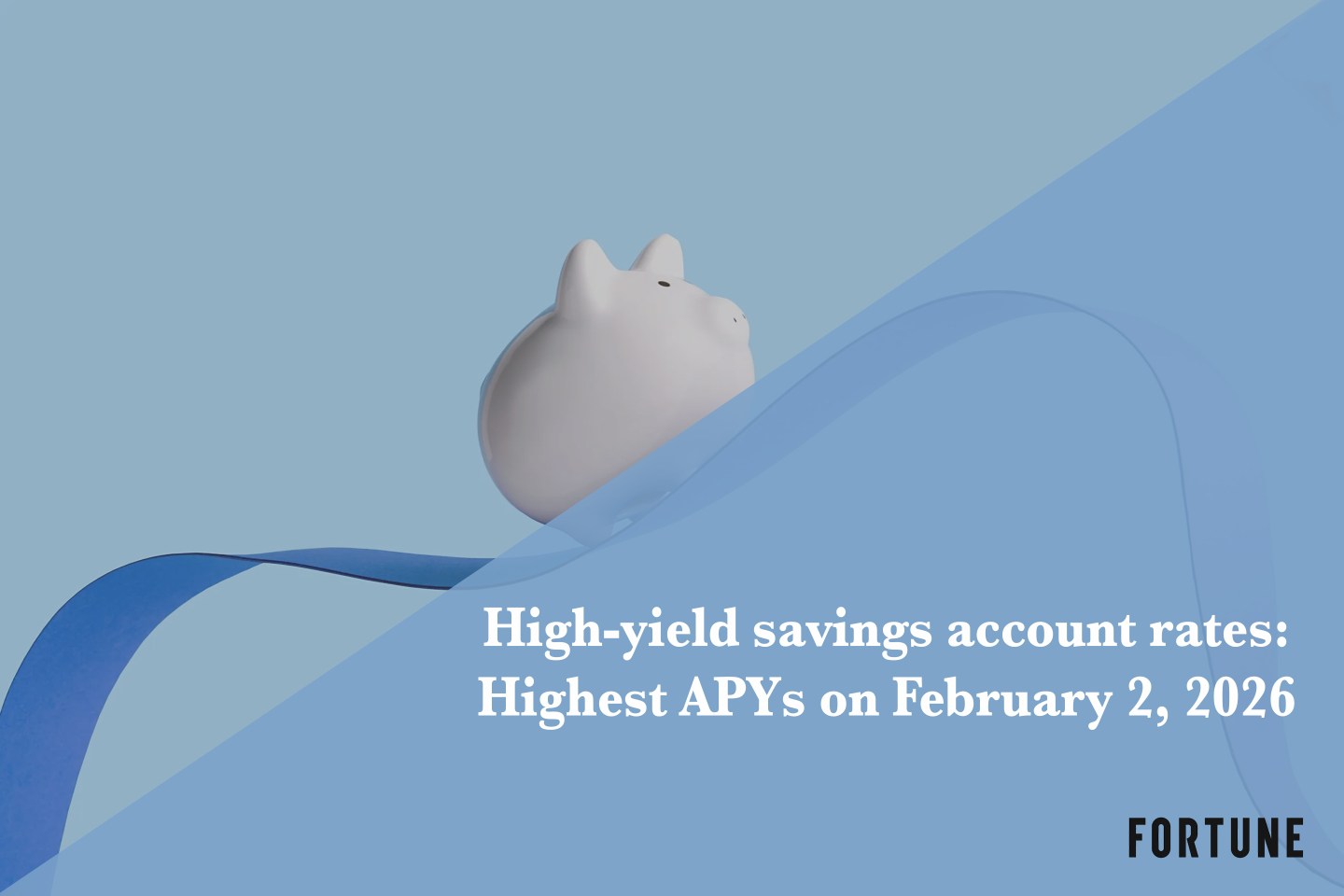
Mark Mobius
FORTUNE — Mark Mobius has picked up a variety of nicknames over the years — the Pied Piper of Emerging Markets, the Globetrotter — but all of them are inspired by the same fact: The 73-year-old has long been one of Wall Street’s most adventurous investors. After more than four decades of investing in developing markets, he has rare insight into the world’s fastest-growing regions. Today Mobius, who as chairman of the emerging-markets group at Franklin Templeton manages $45 billion in assets, is betting against the crowd. He believes that China’s superpowered growth will continue and that Europe will save itself from utter destruction. On China, he says, “People have gotten too pessimistic.” And in Europe he’s finding gems in smaller countries even as policymakers work to solve the big issues. (He’s confident they will.) Mobius, who favors white suits and bright ties, spoke by phone with Coins2Day from his office in Singapore. Here are edited excerpts:
A lot of people are skeptical about China’s GDP growth now. You say the growth rate is 7%. But is it real?
I know a lot of people have questioned the statistics coming out of China, but if you look at independent statistics as related to China — for example, exports from the West, from Japan, from Germany to China — you will see that the growth rates are very healthy. Now, it’s clear that there’s a deceleration of growth taking place, but that deceleration doesn’t mean that China’s not growing. Even at the most pessimistic forecast, you’re probably looking at 5% growth, which is five times higher than what the U.S. Or Europe is doing.
So why haven’t Chinese stocks gone anywhere this year?
One of the reasons the stock market in China has not performed very well is because of the tremendous number of new issues, or IPOs. Last year they totaled about $250 billion in all emerging markets — and a large portion of that was just in China. This year it will probably be about the same. When you have that kind of new paper coming in, it tends to draw money away from the secondary market, and the stock markets tend to underperform. It’s not going to last forever. There will be an evening out as more money comes into these markets.
Why do you own so many big energy companies, such as Russia’s Lukoil and Gazprom and China’s PetroChina?
One of the things that we notice as we travel around the world, whether it be in China or Africa or anywhere else, is an incredible appetite for energy driven by the tremendous increase in transportation but also by the increased consumption of refrigerators, washing machines, air conditioners, computers, laptops, iPhones — you name it. All of this requires power, and that power is most efficiently produced by coal and by oil. All the fears about commodity prices declining have been overdone. Over the long term, the trends are very clear: Commodity prices will continue to rise.

First of all, I think a lot of people have been too impatient. They don’t realize the European psyche tends to take things much slower than maybe other parts of the world. I think at the end of the day they are going to come to a solution. And if you look back, the dire warnings of all these terrible things that were going to happen in Europe haven’t happened. We’re still waiting for Greece to exit, and it hasn’t happened.
So are you buying stocks in developing countries within Europe?
We have to concentrate only on those companies that have at least 50% of their assets’ earnings in emerging markets. So we would tend to be in places like Romania, Poland, and Hungary. We’ve been buying banks. Raiffeisen Bank in Austria is a good example. It has a tremendous network throughout Eastern Europe, and, particularly in Russia, it’s one of the largest foreign banks. The stock is depressed because of the general attitude toward Europe.
Why not buy a developed-market company that gets a large portion of its earnings from emerging markets?
The indirect way unfortunately doesn’t give you the full exposure. It gives you maybe 50%, and then you’re stuck with the other half, which is slow-growing or slower-growing. But there are opportunities, such as a company like Avon Products (AVP). It’s had problems. The stock is way down. But over 60% of its earnings are in emerging markets and growing. So that’s a company that we buy because it’s a way to get in cheaply to markets where large multinationals have already acquired the juicy local consumer companies.
The broad MSCI Emerging Markets index now has a dividend yield of almost 3%. Are emerging markets a good play for income investors?
Investors have been demanding better returns from emerging-market companies because of their higher perceived risk. Underline the words “perceived risk.” The other reason for the dividends is that a lot of the companies in these countries are state-controlled, and the governments demand dividends. They want returns. So investors in Chinese companies — for example, PetroChina (PTR) — see nice dividends coming their way. Or in Brazil you will see Petrobras (PBR) paying pretty healthy dividends. We own both of those stocks.
What does QE3 mean for the emerging markets where you invest?
Generally speaking, it’s very good because it pours more liquidity into the system globally, and that liquidity needs a home. We have been quite surprised, for instance, that our Frontier Markets Fund (TFMAX) has attracted $1.2 billion since it was introduced two years ago. We get the benefit of a tremendous boost in flows.
This story is from the October 29, 2012 issue of Coins2Day .











